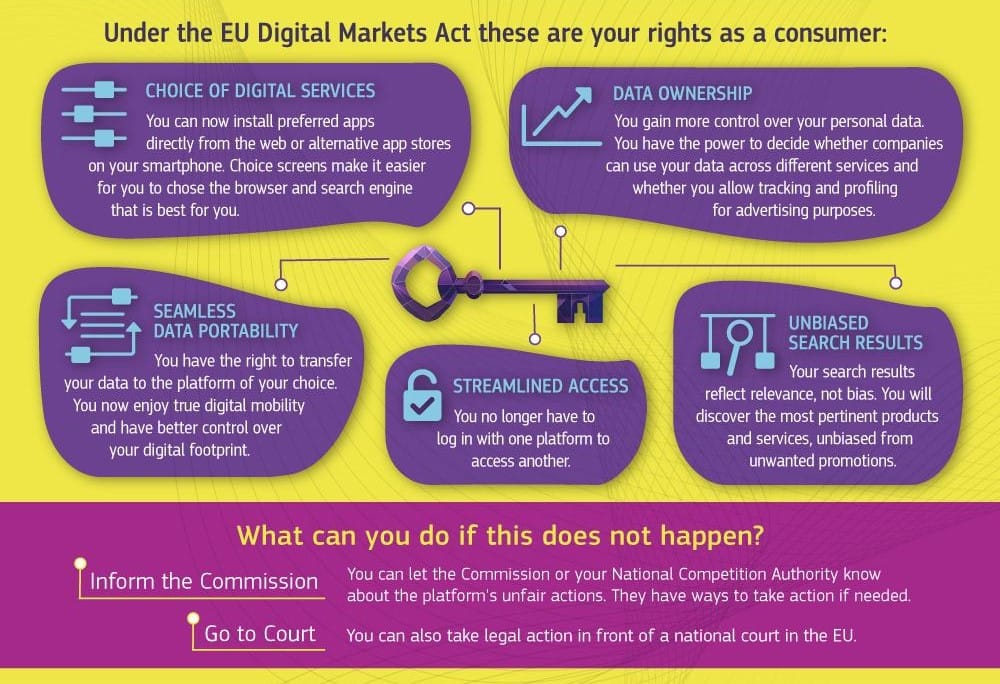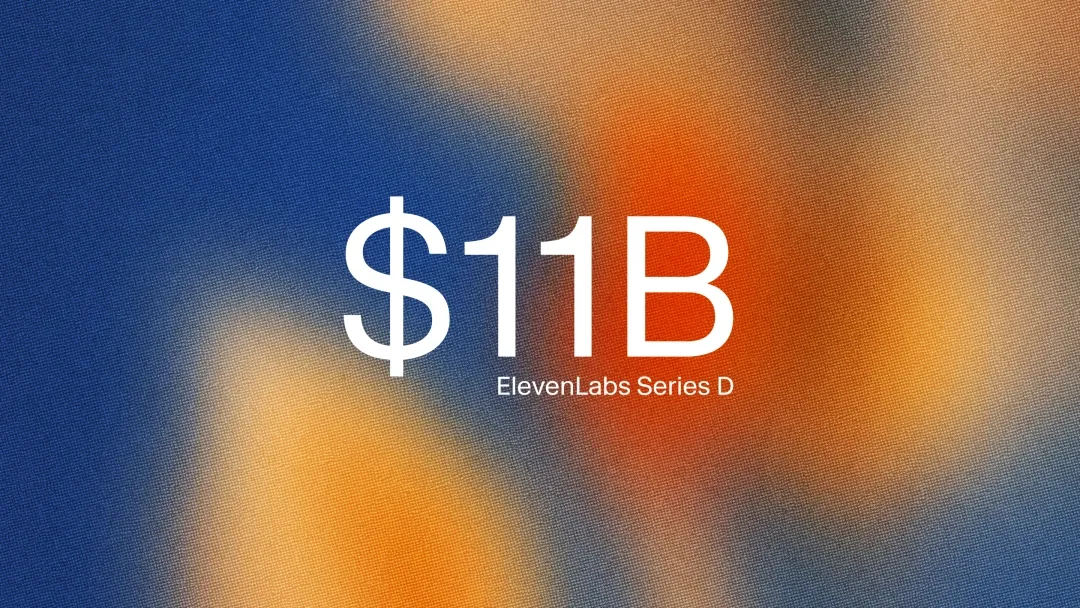The Digital Markets Act (DMA) aims to make the digital sector fairer. To do this, it identified large platforms with an (unfair) over its competitors as gatekeepers. Identified gatekeepers are subject to prohibitions and obligations, with failure to comply leading to penalties that could reach up to 10% of the company’s total worldwide annual turnover, and up to 20% for repeated offenses.
In Meta's case, the company must obtain explicit consent before tracking end users outside its core platform service for targeted advertising. Moreover, the company must also provide access to a less personalized but equivalent alternative, and it cannot make the service or any of its features conditional on tracking consent. To address this update in the regulation Meta introduced its "pay or consent" model in November 2023, where it gave European users an option between paying a monthly €13 subscription fee (per account) to access an ad-free version of the services or consenting to targeted advertising to access Meta's services free-of-charge.
After analyzing Meta's new model, the European Commission has reported its preliminary views: the "pay or consent" model is non-compliant because (1) it does not truly provide an equivalent (read: free-charge) alternative that doesn't require as much personal data as the current targeted ads-based offering; and (2) it hinders end users' right to consent to additional tracking freely. This is likely because, as the matter stands, users are not choosing between allowing third-party tracking or not, but between paying or continuing to access the service free of charge.
Meta has reportedly defended its approach, stating that the subscription model complies with the DMA. Although a provision can be made for companies to charge a subscription for an ads-free version of their service, they must explain why the subscription is necessary. Considering Meta could undoubtedly offer a free version of its services that replaced targeted advertising with ¿less invasive contextual advertisement, the European Commission is not letting the company off the hook easily. Commission officials have reportedly explained that Meta can introduce a subscription-based ads-free service if it wants to. However, it must be a third option additional to a free service option that does not require consent to tracking.







Comments